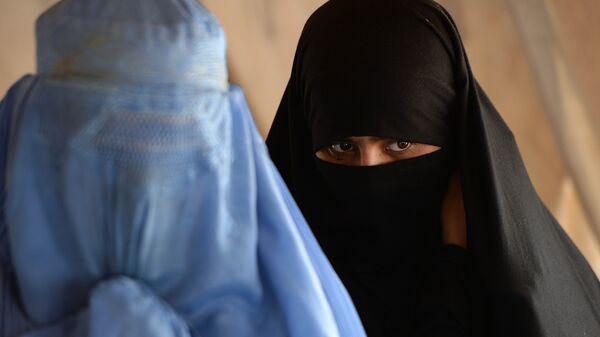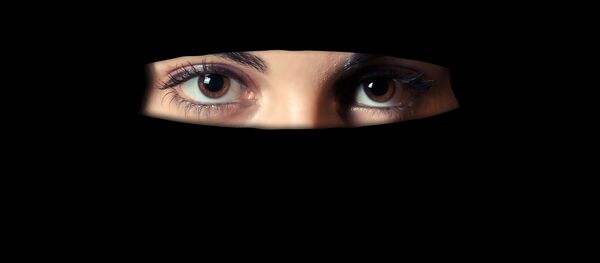Vallée claims that the assembly did not intend to target a specific clothing article or religion, and repeatedly pointed to the religious neutrality of Québec law.
If passed, however, the law would stop women who wear veils from receiving government benefits, as it will make it illegal to give or receive government services if a person’s face is covered.
“The bill is seen as a more moderate version of the former Parti Québécois government’s derided ‘charter of values,’ which had set out to ban turbans, kippas, head scarves and other religious displays among Quebec’s civil servants,” the Globe and Mail reports. It marks the Québec parliament’s third bill aimed at legislating secularism in public since 2010.
The bill will allow for religious exemptions, provided they are consistent with the equality of men and women, and other set standards applied by parliament.
Jean-François Lisée, the new leader of the PQ, ran his campaign heavily on the banning of the burqa. Asked during a Monday radio interview if he would consider a ban similar to that in France, where police can actually stop a woman and fine her for wearing the covering in public, he stated that it is a possibility.
“It is very targeted,” Mihad Fahmy, a lawyer with the National Council of Canadian Muslims told the Guardian. “Given the body of case law that already exists across the country and even the different human rights codes, one has to wonder why Quebec felt a need to address specifically in a piece of legislation the issue of face coverings.”
The burqa has long been a controversial issue, and many argue over whether it is a symbol of female oppression.
On one hand, some rights groups argue that women wearing a veil are not exercising freedom, as the burqa is viewed as a symbol of subjugation. They point to nations where women are sometimes beaten, stoned, or killed for removing a covering which prevents them being seen or heard. These groups and individuals frequently point to the women who fought against a woman’s right to vote in the US, claiming that a woman should be fine with the husband voting for the entire household. They claim to be fighting for Islamic women to have agency over their own lives.
On the other hand, other groups, who likewise label themselves women’s rights groups, insist that it is an individual’s right to make the decision for themselves, and that for the government or any non-Muslim to claim to know what is best for the individual is oppressive, racist and Islamophobic. They argue that the West criticizing burqas is a distraction from the sexism in their own society, claiming, essentially, that people who live in glass houses shouldn't throw stones.




